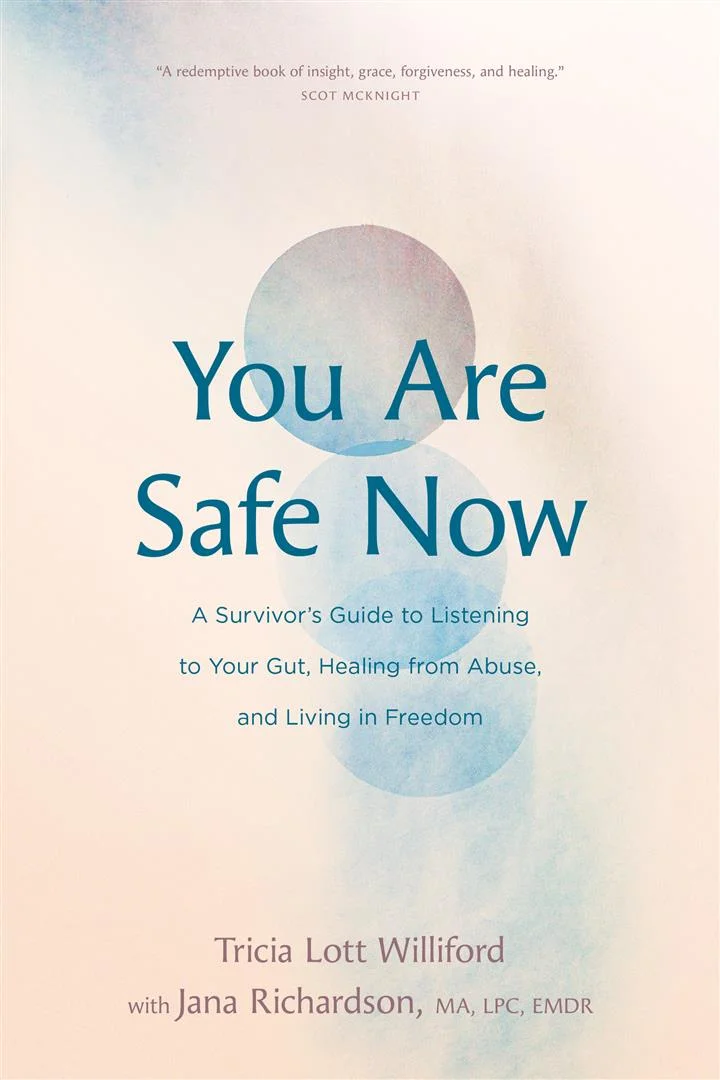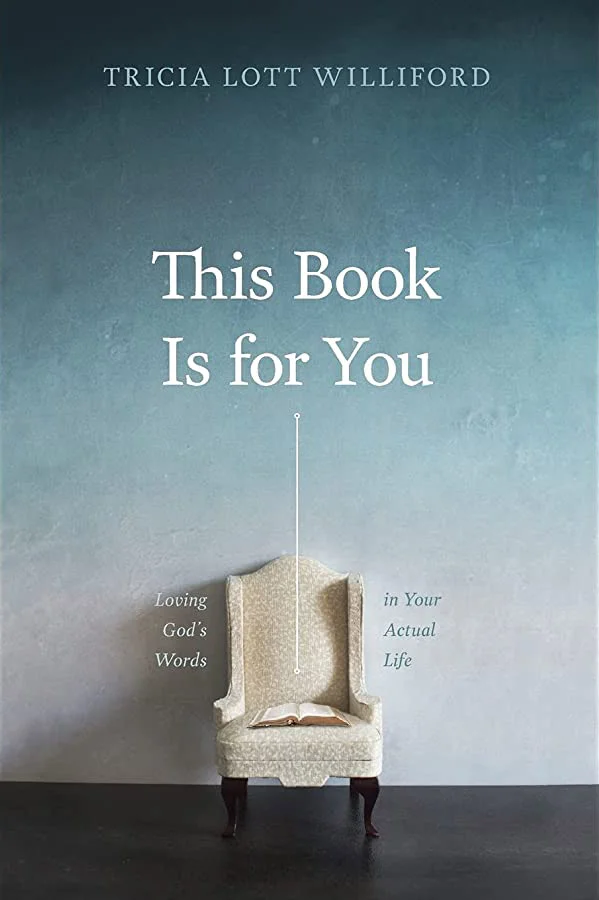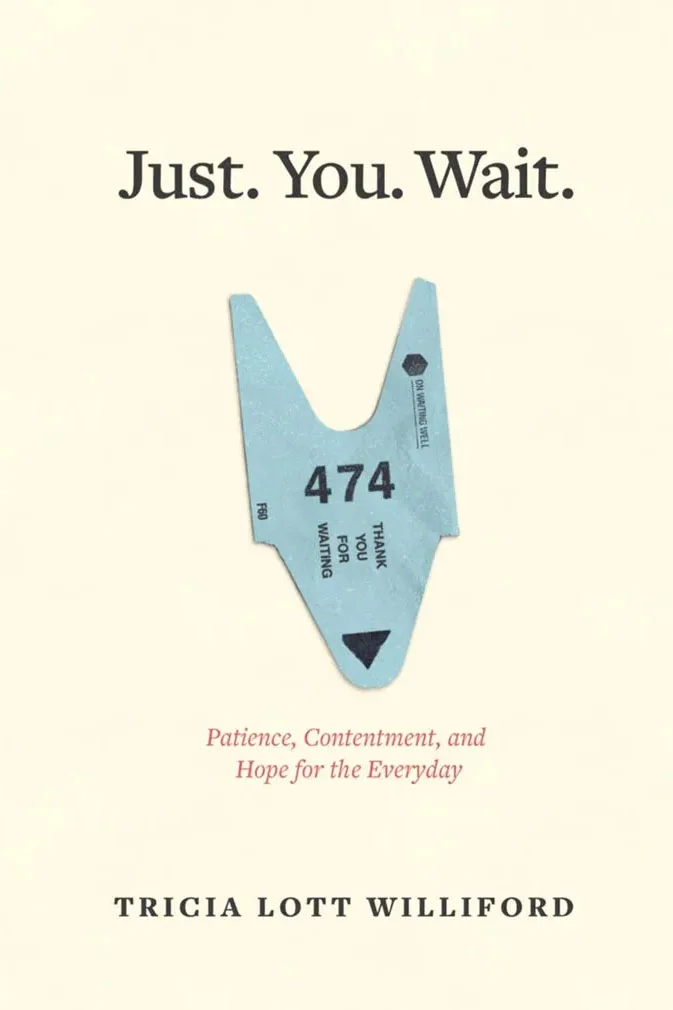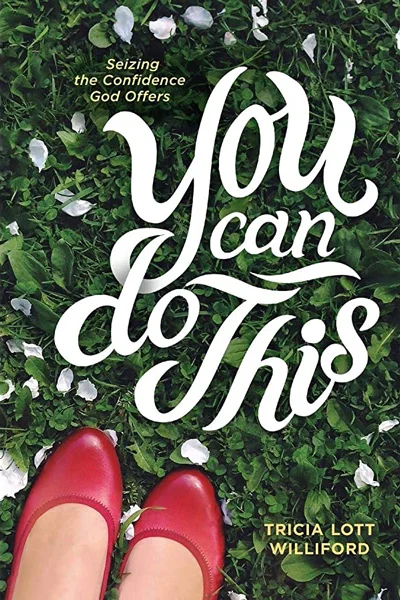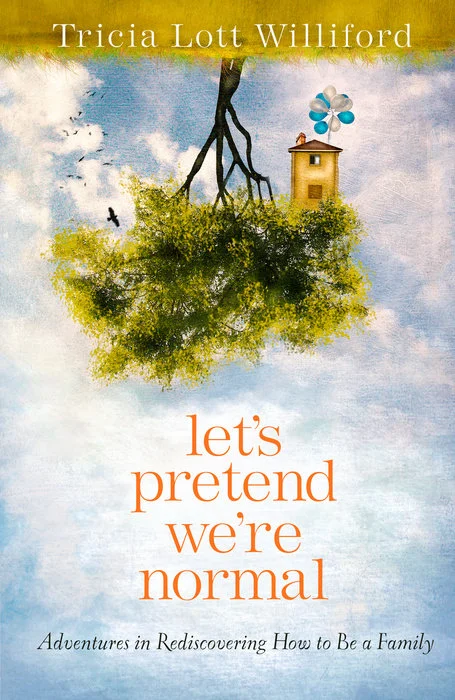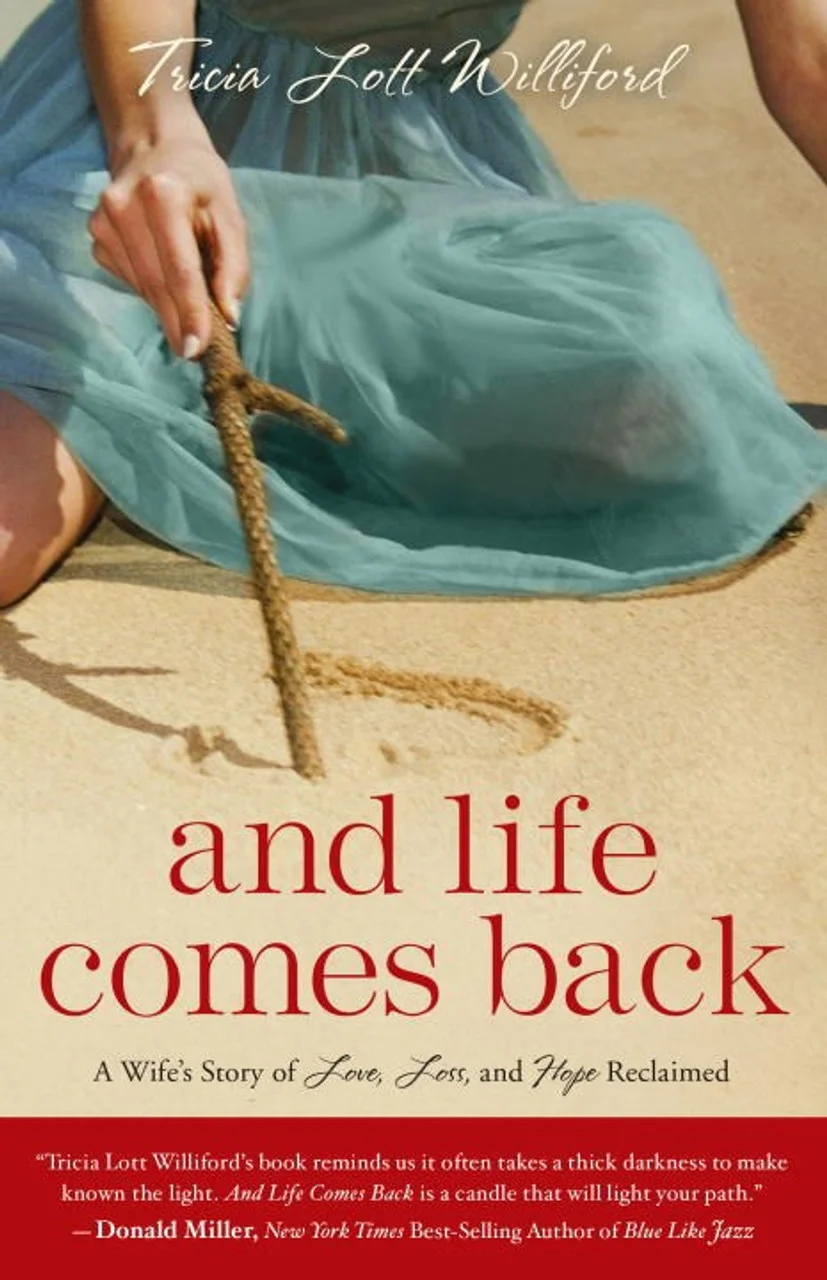Art Isn’t Anecdote
As we each volunteered our skeletal plans for our final project in the Writer’s Workshop this summer, Gwen announced a most courageous plan: she would document a five-day road trip, morphing it into a short story.
She signed on to tell the story, not knowing if it would turn out to be a lovely paradise of discoveries or a long five days of nothing to say.
The backbone of her trip comprised of dots on the map in several states, each one a kitschy roadside attraction. She visited the world’s largest hairball, extracted from the stomach of a cow. She visited a giant rock shaped like a penis. She visited the home of a massacre made famous by Truman Capote’s book, In Cold Blood. My personal favorite, she visited Focus on the Family, a veritable mecca and zoo for Christians and homeschoolers.
Her finished piece unfolded not only with the various sights on the map, but with her conversations with her traveling partner, her relational discoveries and decisions, and her new look on accepting the stardust humanity of life.
She didn’t know if it would be lovely nothingness or nothing lovely, and it evolved before her eyes as a story of becoming.
She shared her greatest discovery with our writing group: “My writing perspective changed everything about the trip. Why don’t I look at every day as a topic for a short story? Everything is writing material. Everything, everything.”
Cheryl Strayed is one of my favorite memoirists, story tellers, and geniuses of language. In her book, Tiny Beautiful Things, she says,
“I teach memoir writing occasionally. I always ask my students to answer two questions about the work they and their peers have written: What happened in the story? and what is the story about?
It’s a useful way to see what’s there. A lot of times, it isn’t much. Or rather, it’s a bunch of what happened that ends up being about nothing at all.
You get no points for the living, I tell my students. It isn’t enough to have had an interesting or hilarious or tragic life. Art isn’t anecdote. It’s the consciousness we bring to bear on our lives. For what happened in the story to transcend the limits of the personal, it must be driven by the engine of what the story means.
This is also true of life, or at least it’s true when one wishes to live an ever-evolving life . . . What this requires of us is that we don’t get tangled up in the living, even when we in fact feel woefully tangled up. It demands that we focus not only on what’s happening in our stories, but also what our stories are about.”
And that’s the tricky part: finding what the story is about, because it’s always more than what’s happening in the story.


